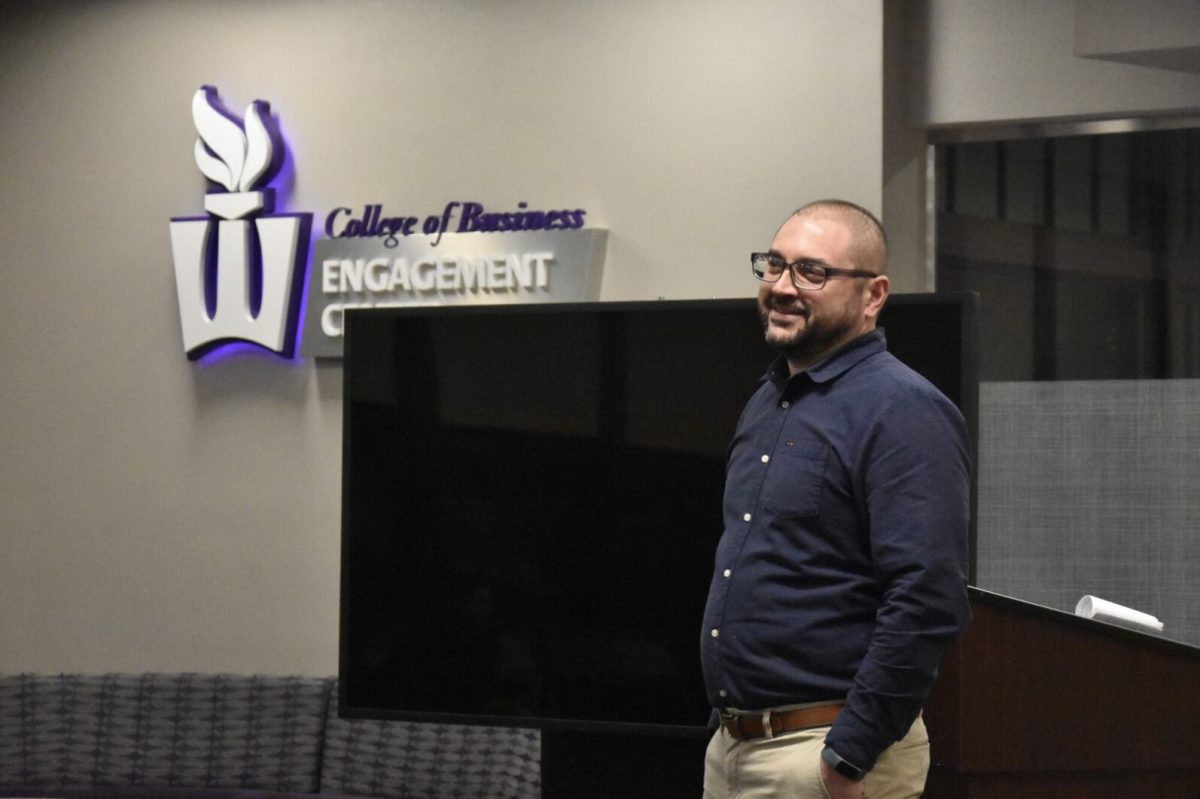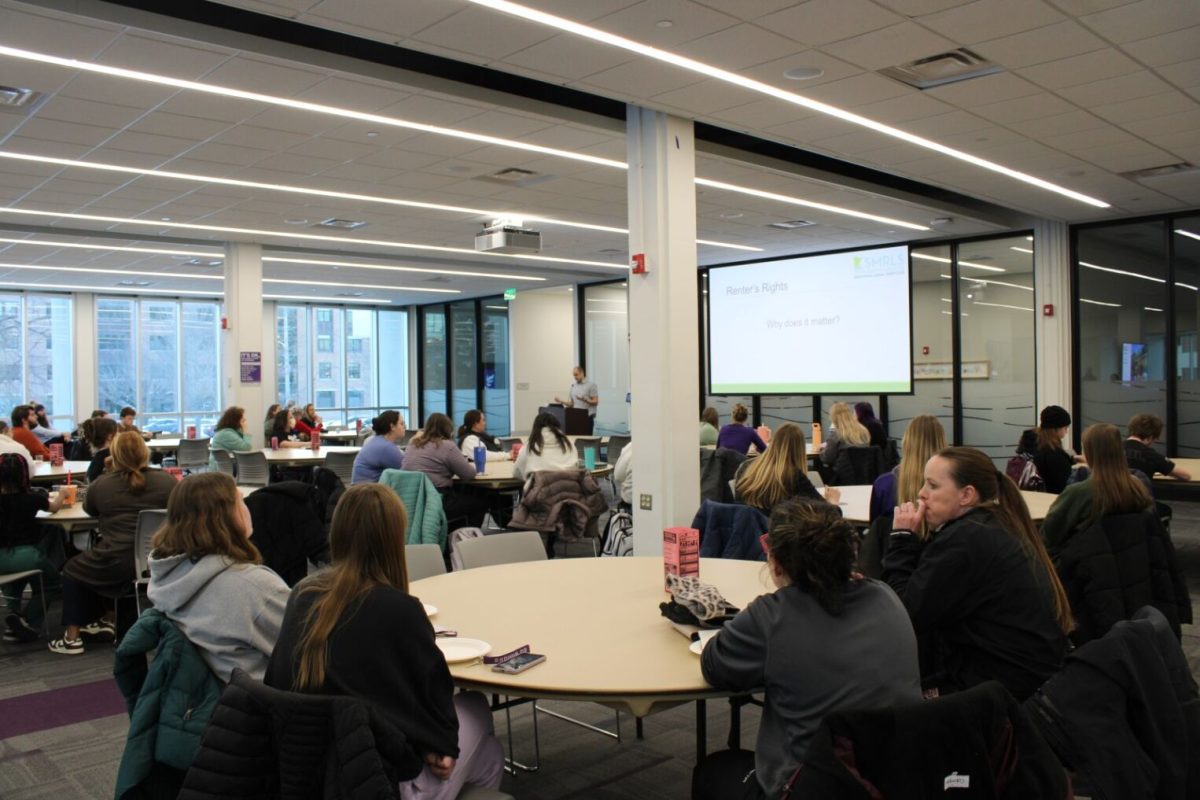2020 census affects Winona

February 12, 2020
The 24th United States Census will take place this year.
The United States census is taken every ten years in order to get an estimate of how many people are living in the country. The census is household-based, which means only one person needs to complete the census per household.
Kendra Weber, director of student and community engagement, said the purpose of the census is to count every person living in the United States.
“The census is basically a snapshot [of the United States]. Who’s where on this day that we pick every ten years,” Weber said.
Data collected from the census determines decisions that are made based on the population and demographics of certain communities.
“The data that gets shared is the demographic data,” Weber said. “How many people, how old are they, what race, what gender are they. And that data is important because important decisions are made about policy, where are we going to put a new school, where do the libraries go, do we need a new hospital.”
The census also dictates a lot of government policy, including how many representatives each state has in the House of Representatives.
“For Minnesota in particular it’s important, because it’s how government representation is decided, and so how they will carve up our legislative districts is all based on census data,” Weber said. “If our population drops at all, or if we don’t count everybody, we could lose one of our representatives.”
According to Weber, the population count per community and state determines the funds that will be allocated over the next ten years.
“There’s lots of programs both at the state and federal level that look at the census data and they decide how much money [the state receives],” Weber said. “Wherever you live in the U.S., dollars are tied to the count for that community. For every missed person, Minnesota loses $20,000 over the next ten years.”
Weber said there is a lot of misinformation surrounding the census, especially regarding peoples’ privacy.
“The census is completely safe and secure; it’s not given out,” Weber said. “The census is prohibited by law from sharing that individual specific information with anybody else. They can’t share it with customs and immigration, the IRS, with law enforcement or any other organization.”
Winona State has a Complete Count Committee which helps to ensure that every person is counted.
“Folks 18-34 are traditionally what we call undercounted areas,” Weber said. “So they’re the people less likely to complete the census or are harder to find. Our role is to really figure out ways to make sure they have all the information they need to accurately complete the census.”
Students who live on campus do not need to complete the census. Their residence hall will complete the census for all students in the building.
On the 2020 census, there have been some changes. The most significant change is that people are able to take it online rather than the traditional paper-based way of completing the census in the past.
One question that was under discussion of being added to the census was that of U.S. citizenship.
“The current administration tried to add a question about whether you are a U.S. citizen,” Weber said. “That has not been a question on the census since the 1950s. It’s not on there, because the purpose of this isn’t to target people for anything, it’s really just to get an accurate count.”
The opinions expressed in this paper are not necessarily those of Winona State University, the Minnesota State Colleges and University system, or the Winona State University student body.













































